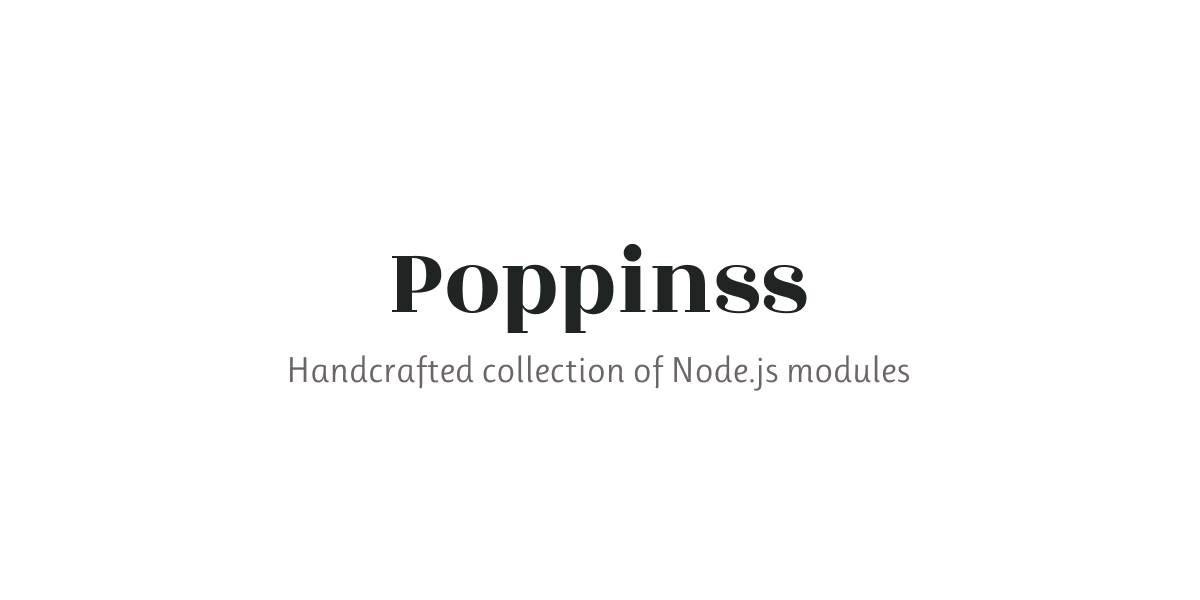Table of contents
Co Compose
Compose an array of functions to be executed one after the other. Similar to Koa and AdonisJS middlewares.




Co compose composes an array of middleware to be executed in sequence. The library is framework independent and can be used in any Javascript project.
Installation
npm i co-compose
yarn add co-compose
Usage
Checkout the following example to run an array of middleware functions.
import { Middleware } from 'co-compose'
async function fn1 (next) {
console.log('executing fn1')
await next()
}
async function fn2 (next) {
console.log('executing fn2')
await next()
}
const middleware = new Middleware()
middleware.register([fn1, fn2])
await middleware.runner().run([])
Passing values
You can also pass values to all middleware functions. An array of values passed to runner.run() will be passed to middleware functions as multiple arguments.
async function fn1 (ctx, next) {
ctx.stack.push('fn1')
await next()
}
async function fn2 (ctx, next) {
ctx.stack.push('fn2')
await next()
}
const ctx = {
stack: []
}
await middleware.runner().run([ctx])
assert.deepEqual(ctx.stack, ['fn1', 'fn2'])
Custom resolver
The default behaviour is to define middleware as functions. However, you can define them in any shape and then use a custom resolver to execute them.
Check the following example where ES6 classes are used.
class Middleware1 {
async handle (ctx, next) {
ctx.stack.push('fn1')
await next()
}
}
class Middleware2 {
async handle (ctx, next) {
ctx.stack.push('fn2')
await next()
}
}
const middleware = new Middleware()
const ctx = {
stack: []
}
middleware.register([Middleware1, Middleware2])
await middleware
.runner()
.resolve(async function (MiddlewareClass, params) {
const instance = new MiddlewareClass()
await instance.handle(...params)
})
.run([ctx])
Final Handler
The final handler is a executed when the entire middleware chain ends by calling next. This makes it easier to execute custom functions, which are not part of the chain, however must be executed when chain ends.
The arguments are customizable for the final handler
async function fn1 (ctx, next) {
ctx.stack.push('fn1')
await next()
}
async function finalHandler () {
ctx.stack.push('final handler')
}
const ctx = {
stack: []
}
await middleware
.runner()
.finalHandler(finalHandler, [ctx])
.run([ctx])
assert.deepEqual(ctx.stack, ['fn1', 'final handler'])








